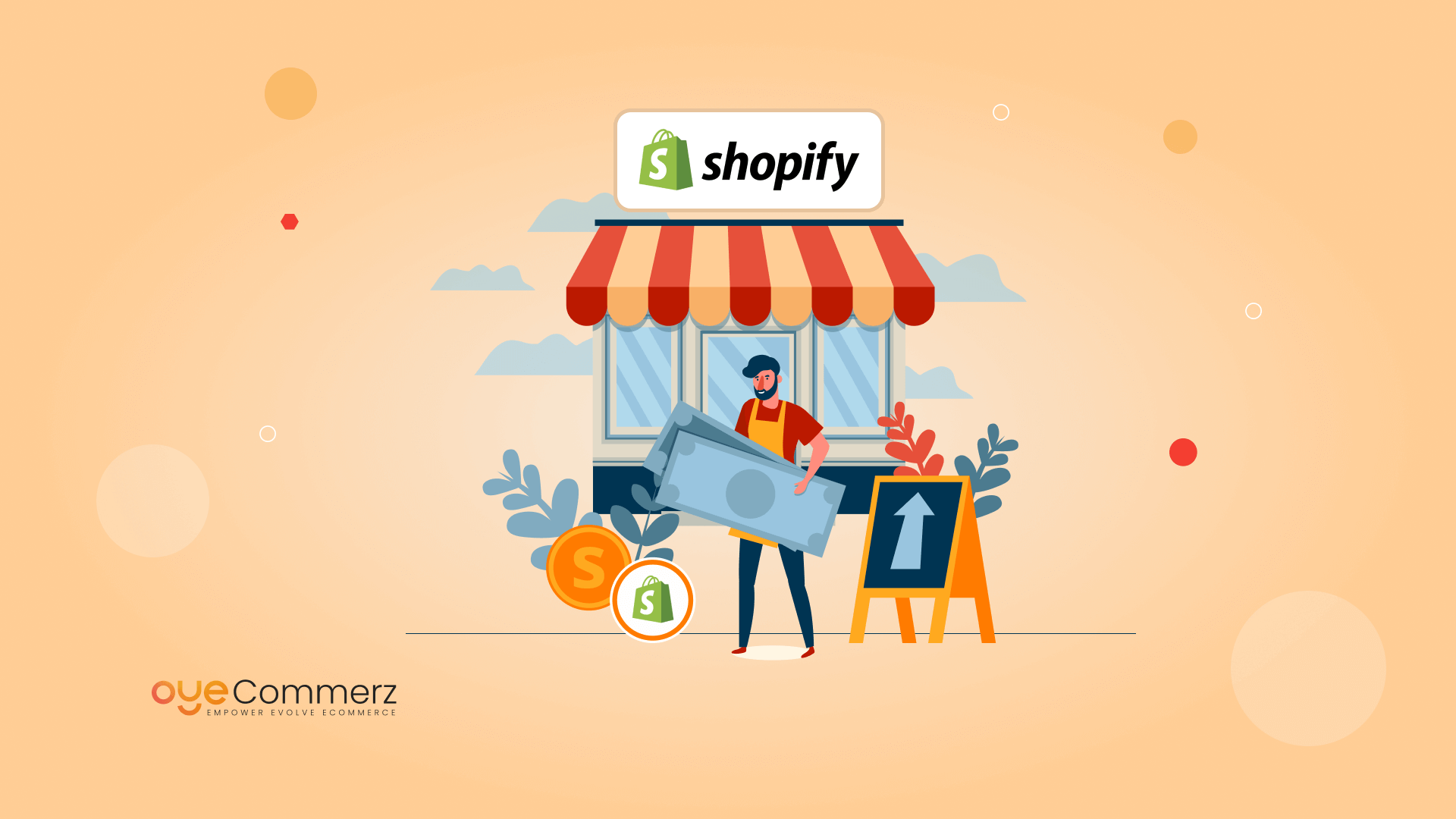Overview
In the current competitive e-commerce landscape, standing out is essential, and one of the best ways to differentiate a Shopify store is through custom app creation. A robust Shopify app can boost store functionality, streamline operations, and elevate customer engagement. This article explores key elements of Shopify app development, from API integration to scaling strategies and promotion methods, offering a roadmap for businesses looking for superior store performance.
The Importance of Shopify API Integration
Shopify’s API provides powerful tools to personalize and extend store functionalities. With the GraphQL and REST API options, developers can access data to create apps that manage inventory control, order processing, and customer information management smoothly. Using Shopify’s API can enable improved workflow automation and allows stores to serve customers more efficiently.
Adopting the Polaris Design System
Polaris is Shopify's set of design guidelines for designing intuitive and easy-to-use Shopify apps. By adhering to Polaris principles, developers guarantee that apps integrate smoothly within the Shopify Admin experience. This ensures a cohesive look and feel that appeals to Shopify merchants, promoting ease of use and familiarity for merchants utilizing your custom app.
Navigating the Shopify App Ecosystem
The Shopify app ecosystem provides numerous opportunities for enhancing e-commerce sites. From managing fulfillment processes to boosting customer interaction, apps in this ecosystem are designed to meet various business needs. Familiarizing with this system assists developers in identifying unique app opportunities and allows for seamless integration of external tools that enhance the store.
Developing Embedded Shopify Apps
Embedded apps work seamlessly within the Shopify Admin, allowing a seamless experience for merchants. They ensure that merchants do not need to leave their Shopify control panel, streamlining their workflow. Employing Shopify App Bridge and embedded app features is a best practice for providing a cohesive, integrated user experience.
Using Node.js and React for Shopify Apps
Shopify custom app Node.js and React have emerged as ideal tools for Shopify app creation. Node.js enables efficient back-end services, while React allows for dynamic, responsive front-end user interfaces. Together, they offer an excellent framework for building fast, growth-ready Shopify apps that improve store functionality and customer engagement.
Webhooks in Shopify Apps
Webhooks allow real-time data updates between Shopify and an outside application. They initiate events such as order creation or stock changes and send instant notifications to your app. By implementing webhooks, apps can provide up-to-date information to store owners, streamlining workflows and increasing efficiency.
Engaging Customers Through Digital Marketing for Shopify Apps
To make a Shopify app successful, engaging customers is crucial. Utilizing digital marketing strategies like SEO, email marketing, and social media campaigns can increase app usage. Additionally, designing apps with customer interaction as a focus (e.g., loyalty programs or personalized suggestions) boosts user retention and satisfaction.
Scaling Your Shopify App
As e-commerce businesses grow, so do their technology requirements. Ensuring that your app can manage higher usage, larger data sets, and more advanced functionalities is essential. By improving server capacity and implementing scalable solutions, you can develop apps that expand in parallel to a store’s success.
Important Features and Maintenance Tips for Shopify Apps
For an app to be effective, it should Shopify performance upgrades offer essential features like user authentication, dashboard analytics, and customer support options. Regular app upkeep, including updates to fix bugs and ensuring compatibility with new Shopify functionalities, is vital to maintain continuous operation and avoid interruptions to business processes.
Conclusion
Custom Shopify app development holds vast potential for e-commerce stores, offering the chance to enhance store functionality, simplify operations, and build customer relationships. With API integrations and Node.js to focusing on scalability and customer engagement, building a Shopify app requires careful planning and well-planned actions. If you’re ready to elevate your e-commerce experience, a tailored Shopify application may be the perfect choice. What capabilities do you see for your ideal app? Share your ideas and begin the journey to an enhanced e-commerce experience!
